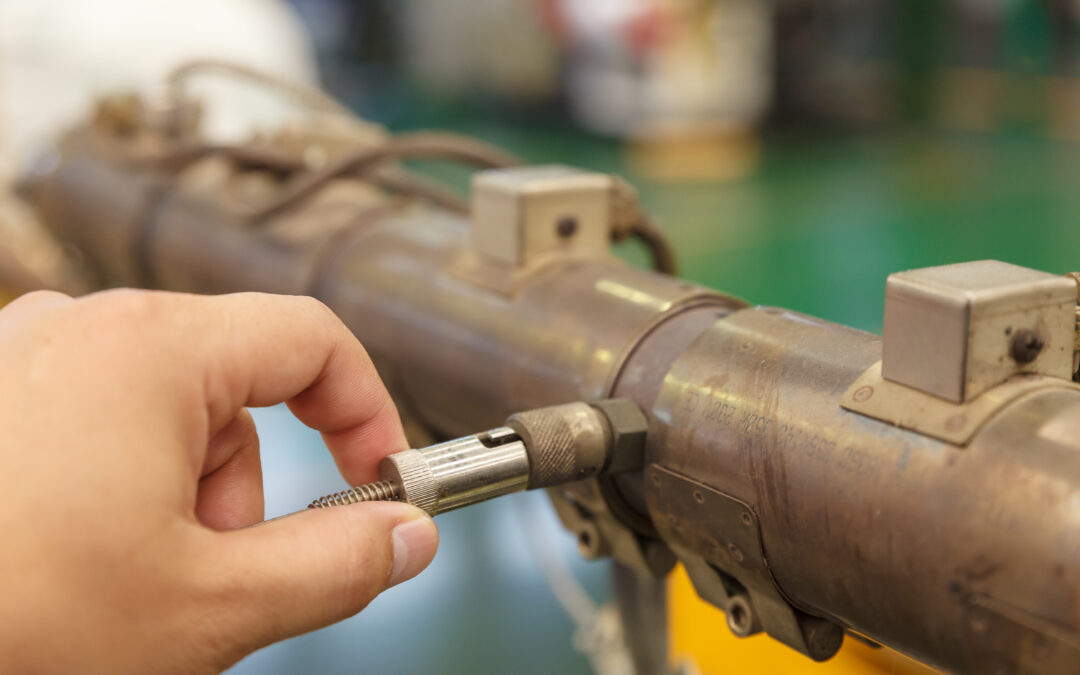Thermocouples are versatile and widely used due to their robustness, wide temperature measurement range (-200°C to over 2000°C), quick response time, and compatibility with various industrial environments. They can withstand high temperatures, pressure, vibration, and harsh conditions, making them suitable for applications in various industries.
However, not all thermocouples are created equal. Each one is designed for a specific range of temperatures and environments. In this blog, we’ll cover some of the things to consider before you purchase or replace a thermocouple.
Why is the Type of Thermocouple Important?
Choosing the right industrial thermocouple is crucial for several reasons:
- Accurate Temperature Measurement. Thermocouples are widely used for temperature measurement in industrial settings. Inaccurate measurements can lead to faulty process control, compromised product quality, or even safety hazards.
- Safety. Choosing the right thermocouple to withstand the specific temperature range and environmental conditions helps prevent hazardous situations like overheating and equipment failures.
- Cost Savings. Accurate temperature measurement reduces wasted energy, product defects, or rework. Choosing a thermocouple with a longer lifespan and minimal maintenance requirements can save on replacement and downtime costs.
- Compatibility. Selecting a thermocouple material that is chemically compatible with the process environment avoids premature failure due to corrosion or degradation.
- Compliance with Standards and Regulations. Many industries have specific standards and regulations governing temperature measurement and control. Choosing the right thermocouple that meets the necessary standards helps your business avoid potential legal and regulatory issues.
Choosing the Right Industrial Thermocouple
Here are some important aspects to take into account when you are choosing out a new industrial thermocouple:
- Temperature Range. Different types of thermocouples have varying temperature limits. Ensure the chosen thermocouple can handle the expected temperature range without exceeding its limits.
- Accuracy Requirements. Higher accuracy thermocouples typically come at a higher cost. The appropriate choice depends on the desired precision.
- Chemical Compatibility. Some thermocouple materials may degrade or corrode when exposed to certain gases, liquids, or other substances. Ensure that the chosen thermocouple material is chemically compatible with the environment it will be exposed to.
- Physical Considerations. Consider any physical limitations or constraints of your application. This includes size, shape, and mounting options.
- Calibration Requirements. Some thermocouples may require periodic calibration and maintenance for peak accuracy. Check the calibration process and frequency for each thermocouple you are considering.
- Industry Standards. Different industries may have specific requirements for thermocouple types, materials, or certifications. Ensure that the chosen thermocouple meets the necessary standards.
- Availability and Support. Ensure that the chosen thermocouple is readily available and that you can access the necessary support when needed.
It is recommended to consult with a knowledgeable supplier or thermocouple manufacturer. They can help you select the most appropriate thermocouple for your industrial needs.
Liberty Flare Offers Innovative Solutions For Industrial Thermocouples
Liberty Flare uses an innovative approach for replacing failed thermocouples that allows preventative and critical maintenance, troubleshooting, and inspection from the ground level, and it can be done without shutting down your critical flare system. Contact us today for more information.

